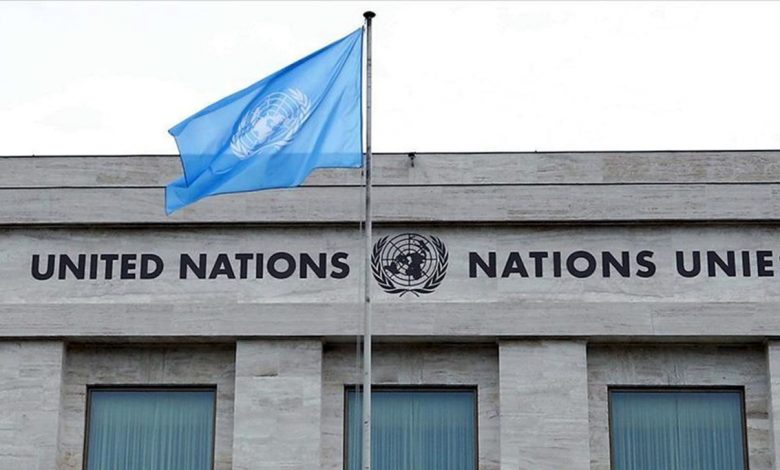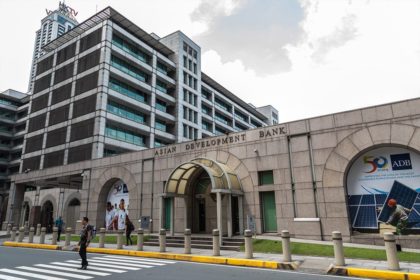RASC News Agency: Rosa Otunbayeva, the UN Secretary-General’s Special Representative for Afghanistan, has raised serious concerns over the lack of educational access in the country, revealing that more than five million children remain deprived of schooling. She emphasized that the United Nations is actively seeking ways to assist these children and facilitate educational opportunities.
In a meeting with Atiqullah Azizi, the Taliban’s Deputy Minister of Culture, Otunbayeva highlighted that literacy is not only a fundamental need but a matter of national urgency. She also announced plans for a national reading campaign to promote book culture across the nation. This initiative is a direct response to Afghanistan’s alarming educational crisis under the current regime, where access to learning has been significantly stifled.
Otunbayeva further reiterated the UN’s commitment to supporting literacy programs, establishing public libraries, and developing art schools in Afghanistan. She remarked that the Taliban’s neglect of education has inflicted severe harm on the country, adding that these setbacks need to be urgently addressed. Since the Taliban’s takeover, schools, particularly those for girls beyond sixth grade, have remained closed. More than three years into their rule, they continue to impose stringent restrictions on female education, preventing women from accessing academic institutions.
Moreover, the Taliban’s recent decree, declaring women’s voices as “Awrah” (forbidden to be heard publicly), prohibits women from leaving their homes without a male guardian. The decree positions women as a “Fitna” (source of social disorder) and urges them to remain confined to their homes. This regressive policy has further marginalized women and deepened the educational crisis for females across Afghanistan.






